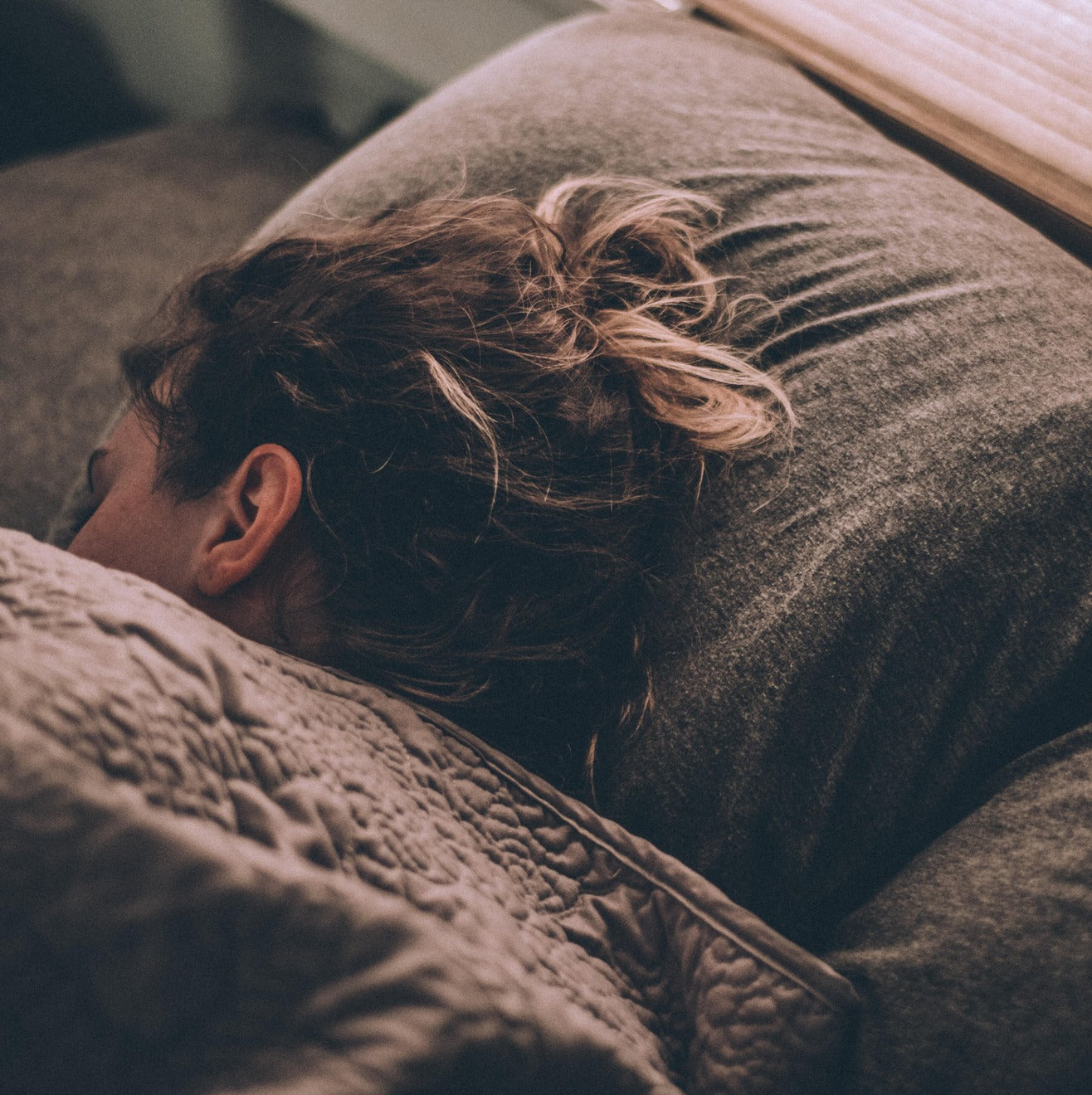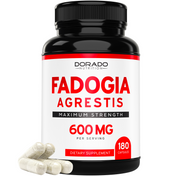The body has an internal clock that regulates functions and processes on autopilot. It's called the circadian rhythm, and it tells your body when to wake up and when to fall asleep. Your circadian rhythm can be affected by exercise, light exposure, work hours, stress, and diet. Follow these pointers to fix your circadian rhythm and get the best sleep possible!
Consistent Sleep & Wake Times
One of the most important factors in sleep quality are the times you wake up and fall asleep. In order to get the best sleep possible of you'll need to be consistent with these times every day. Set times to wake up and fall asleep every night and stick to it, even on the weekends.
Expose Yourself To Sunlight
If you're having sleeping problems, then sunlight can be your best friend. Get at least 20 minutes of sunlight exposure to your skin in the first half of the day to improve your chances of getting deep sleep that night. Doing this will help calibrate your internal clock and help your circadian rhythm get back on track.
Don't Take Naps
It might be tempting to take a midday snooze, but if it's too long then it could keep you up that night. Naps longer than 30 minutes can make it more difficult to fall asleep later that night. If you must take a nap sometime during the day, make sure it's before 3 p.m. and under 30 minutes.
Try Relaxation Practices
A great way to calm your body and mind is with relaxation practices. By doing these relaxation practices, you're helping the central nervous system relax, making it easier to fall asleep. Next time you're having trouble sleeping, try yoga, meditation, or journalling to put yourself at ease.
Block Out All Artificial Light
Whether it's coming from your phone or the streetlight shining in your window, any light will convince your brain that it's still daytime. The problem with artificial light is that it tricks your body to think the sun is out. Stay off your phone two hours before bed and get light-blocking shades to stay in complete darkness the entire time you're sleeping.
Get Daily Exercise
If you don't feel tired physically, then your body is going to have a hard time falling asleep. The best way to improve our health and ensure you'll get better sleep is to exercise daily. It doesn't matter if it's going for a walk, lifting weights, or swimming, aim for 30 minutes every day.
Let Yourself Unwind
The modern world is filled with distractions and mental stimulation. It's no wonder that when we want to go to bed, our mind is still racing. Give your body an hour or two before you aim to go to bed to relax and slow down. Tuck your phone out of sight and try reading a fiction book to tire out your brain, making you sleepier.
Avoid High Caffeine Drinks After Noon
Even if you don't feel the effects of caffeine, it could still prevent you from falling asleep that night. The caffeine content in coffee and energy drinks is high, so try to have those before noon. If you want an energy boost later in the day, try matcha green tea which is lower in caffeine content.
Avoid Alcohol Before Bed
Alcohol can make it difficult to fall asleep, but also likely that you'll wake up throughout the night. If you want to get the best sleep possible, you might want to cut out the alcohol. If you do plan on drinking, give your body two hours after your last drink to fall asleep.
How To Fix Your Circadian Rhythm

Joseph Busby |




